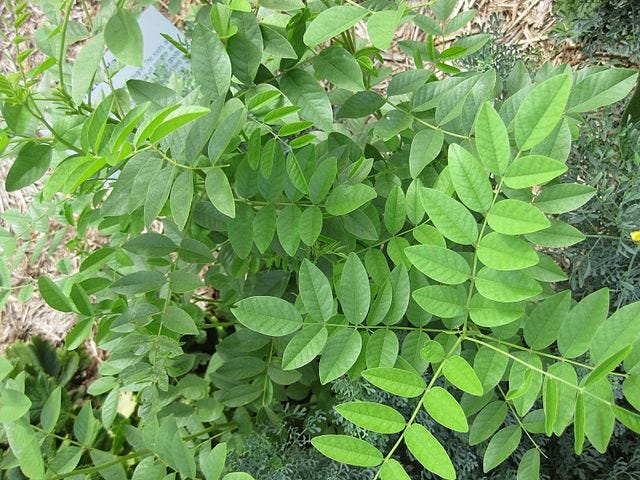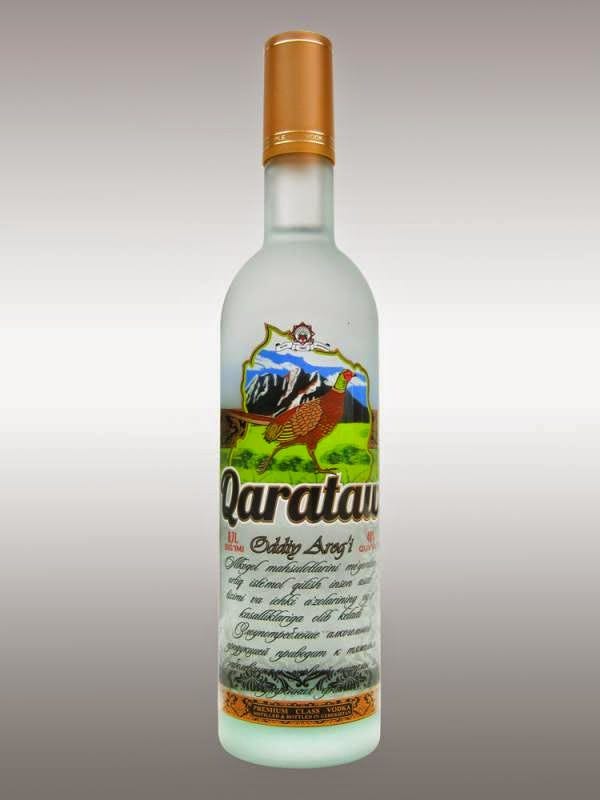Candy and Vodka
A Sea Changed, Part 5. Theme song by Carole King. Yet another field visit, and weddings.
We are near the end of the series A Sea Changed, which bears witness to one of the worst ecological disasters in human-recorded history. Next up: new series on the still Unseen, but more fundamental consequences of AI
See here for the rest of the series about the changed Aral Sea and people’s stories: salt storms, fisherman in the desert, white gold, etc..
Today’s theme song is supplied by Carole King.
In good times, people drink. In bad times, people drink more.
The former Aral sea taught me many life lessons. This is one of them. It was in Nukus — a city 3 hours away from the young Aralkum desert — that I first saw adults chug vodka as it was fresh water. Anywhere I went, cups, glasses, and bottles abound, the local vodka Qarataw plentiful.
As a teetotaler, I couldn’t tell a Two Buck Chuck from a Johnnie Walker Blue. But I could smell a Qarataw from a mile away. Its bitterness permeated to the last molecule. Walking by a table with an open Qarataw, I’d feel saliva in my mouth dried, and taste buds on my tongue pinched. Such caustic effect made me wish that I was licking off some rusty water pipe, rather than passing by an opened vodka. If, at this point, someone started pouring the vodka into glasses, and someone else began puffing cigarette smoke, my brain would kick and scream, before giving up the protest to just let itself roll down a slope, meet a cliff, and fall into a volcano pit.
In short, Qarataw was unpleasant. I wondered why people would submit to such bitter libation. My thought then, was that Qarataw mirrored real life. Between dusty air, drab buildings, prevalent chronic diseases, and drinking water 6X saltier than acceptable, life in Nukus was as bitter as Qarataw smelled.
Until I noticed a strange pattern: everyone added something to their Qarataw before drinking. They’d either mix in some gooey substance, or soak what looked like cinnamon sticks in the liquid for a long time. Something must go into the vodka, before anyone would drink it.
“Try this. It’s good,” One day, I was annotating maps at the guesthouse’s dining table, when Nikolai Genrikhovich brought in a cup of dubiously colored liquid. Several dark brown cinnamon-looking sticks swelled in it. “It’s not poison,” he added.
I kept the cup at an arm’s length, put a hand over its opening, and wafted the air my way.

Qarataw’s bitterness hit me, but a sweetness rushed over to sooth the caustic feeling. It smelled like caramelized candy, but a bit overcooked. It was sugar in its essence, but with a spicy tinge, and a layer of salt to rub the smoothness into your tongue.
“Salty honey?” I made a guess.
“Licorice roots,” he said, “It’s like candy. It’s good business here.”
“Where do I sign up?” was my overjoyed response.
Two days later, in the heat of late spring, I found myself on the edge of a plot of licorice land. My arrival was perfectly timed: harvest just started. Exposed roots and flower-bearing stalks were plucked through the soil; stems were then snapped or cut off, and thrown onto a mounting pile by harvest workers.
Every licorice root stick and licorice drop in every Qarataw – this field was their origin. A plant native to central Asia, licorice has sweetened cakes, tea, and alcohol, and soothed pains for centuries. In the Americas, black and red licorice Twizzlers have been a favorite snack for years.

But licorice is a much more heroic plant, far beyond its sweetening and healing capabilities. Licorice was one of the very few crops that survived in the region’s ever saltier soil, after the Aral sea was reduced to a desert of toxins. It has been thriving, even: licorice roots and extracts are valuable exports.
And licorice has done yet more: it has been remedying the salty soil in the aftermath of the dried Aral sea. Licorice roots can go as deep as 5-storey bunkers, and it soaks up salt from the soil, making it easier to plant other crops. The licorice farmers I’ve spoken with just started using licorice to rehabilitate their salt-soaked land, and hoped that in 30 years or so, the land would be suitable to grow wheat again.
As I walked among crop rows, licorice leaves brushed my hands. I would have never known that such a humble-looking plant, with its perennial green leaves less than half of my palm’s size, could be the sweetness, the hope, and salvation for so many people. 1.7 million people who used to rely on the Aral sea for their livelihood, had turned to licorice roots and leaves.

But among the bright green licorice field, I didn’t feel hope. Instead, I dreaded the thought of returning to Nukus: this grey and sick city has been slowly dying for half a century. What miracle plant could restore a metropolis to its former glory?
As we scooted along Nukus’ streets, I noticed that a newly wedded couple was parading through the city. The bride was covered by a mound of white laces. Bridesmaids in magenta dresses danced. Groomsmen in three-piece suits cheered. A photographer hurried to and fro; his camera’s shuttering sound was overpowered by laughs and uproars from the couple’s entourage.
Nukus in such colors and exuberance hit me out of the blue. I didn’t know what to make of it: why are people happy and celebrating a wedding in a sick and dying city?
It wasn’t until much later, when I chanted “Горько!” (Bitter!) with other guests at a Russian wedding, did the Nukus celebration and the licorice field spring into my mind again. The zest of life, however unlikely or rare it may seem, always finds a way to thrust itself back into our world. Even in tedious dooms and bitter declines, there are always traces of sweetness — like licorice drops in vodka, or kisses from a lover — and it is the sweetness that we cherish, remember, and celebrate. True, life in Nukus is bitter; but just like adding sweet licorice in the bitter Qarataw vodka, we drink the vodka, let the bitterness pass, and let the sweetness linger.
Thank you for reading Earthly Fortunes. If you like it, please share it. Subscribe for free to join me on discovering the bitter, the sweet, and the zest in a variety of life and places.
Let me know your thoughts in an email reply, in the comments, or DM me on Twitter or Instagram!





"Such caustic effect made me wish that I was licking off some rusty water pipe, rather than passing by an opened vodka." 😂 Also, cinnamon sticks in vodka?!
Beautifully written, Helen. Didn't know an essay about licorice and vodka could be so good!!
Could smell the vodka and taste the licorice! Great writing per usual Helen!